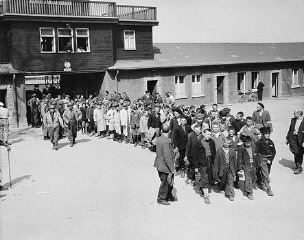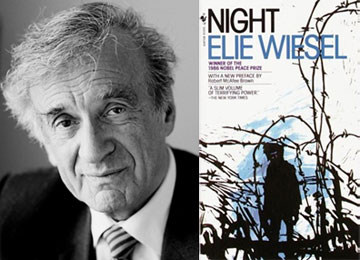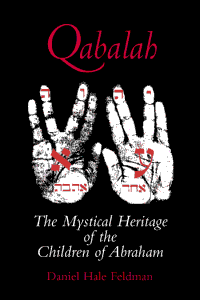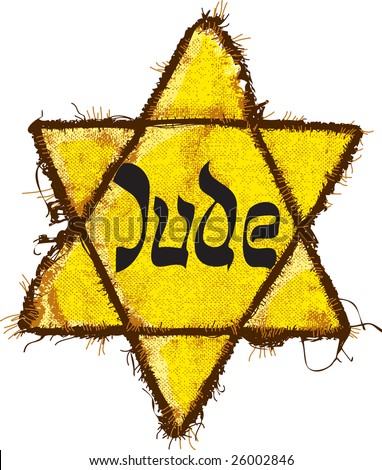However, he got sick with an intestinal problem. He out lined his whole experience at the camp on paper and promised to not start writing until 10 years past. Elie did not have a home so he joined 400 orphan children to go to France. In 1947, Hilda, Elie’s oldest sister, saw him in the newspaper. That year Elie reunited with both of his older sisters, Hilda and Bea. Elie met a Jewish scholar, Sushan in 1947 who taught Elie many things he did not know about the world and studied French.

In 1948, Elie enrolled in Surborine University to study literature, philosophy and psychology. He joined the Irgun, a Jewish militant organization in Palestine, the translated Hebrew to Yiddish for the Irgun paper. In 1949, he began reporting for a French newspaper, L'Arche. Elie traveled the world as a reporter during the 1950s. In 1954, he interviewed a Catholic writer Fancois Mauric. Fancois Mouric started talking about Christians helping Jews over come their past. When Elie walks out of the interviews, Mauric follows and tells Elie to write about his experience. Elie wrote about his life in the German camps in Yiddish in about 862 pages called "And the world was silent". He also published an English version with an Argentina publisher and called the book "Night". Soon sales reached France and the U.S. by the 1960s.
In 1955, Elie moved to New York as a foreign correspondent to Yediot Ahronot. One July day in 1956, Elie was crossing the New York streets when he got hit by a taxi. He was immediately sent to the hospital to have a 10 hour operation. He had to spend 4 hours in the morning writing his new book in the hospital. Throughout the years he wrote many books. In 1969, Elie married a divorced woman from Austria, Marion Ester Rose. Elie continued to write books on Jewish experiences throw the 1970s. In 1972, Marion Wiesel gave birth to their son Shlomo Elisha Wiesel named after Elie’s father. Elie worked as a professor of Judaic studies at the city college of New York. Soon in the 1978, Elie became the professor of humanities at Boston University. That same year, President Jimmy Carter makes Elie the head of the U.S. Holocaust memorial council. Elie was in the council for six years. Elie spent most of the 1970s, he protested for South Africa's discrimination. In 1980, Elie went to Cambodia to feed the peasants. When he came back to the United States, President Ronald Reagan presents the congressional Gold Medal of achievement in 1985 with a honorary ceremony.
In 1986, Elie Wiesel won the Nobel Peace Prize. The Norwegian Nobel committee thinks of Elie as a spiritual peace maker. They love his movement to make less violence, and racism events occur around the world. Elie has worded to gain human dignity of all beliefs. Elie Wiesel acceptance speech, he said, "And that is why I swore never to be silent whenever, and whenever human beings endure suffering and humiliation". All of Elie Wiesel's books are about fighting discrimination and violence to find peace.
In 1988, Elie created the Elie Wiesel foundation of humanity to fight violence, discrimination and intolerance. He has a contest for Jewish college students to write an essay on humanity every year. As the 1980s passed, Elie worked with the United States Holocaust memorial museum in Washington, O.C. Throughout his life time he gained seventy-five honorary doctorates. Now he is living peaceful, organizing his foundation with his wife, "Hope is like a gift only we can give one another" says Elie Wiesel.
Elie Wiesel showed the world the life in the German camps. He wrote forty books on Jewish life in concentration camps. Through his journey he has gained courage, love and hope. Elie still lives today and hopes to have a peaceful life.












